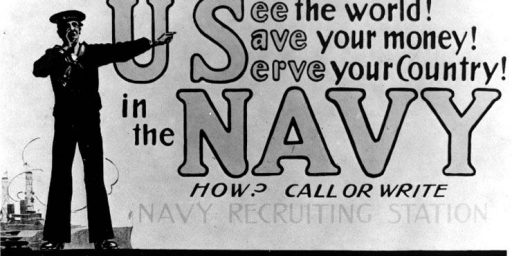Saddam’s WMD Have Been Found
So argues Insight‘s Kenneth Timmerman.
The Iraq Survey Group (ISG), whose intelligence analysts are managed by Charles Duelfer, a former State Department official and deputy chief of the U.N.-led arms-inspection teams, has found “hundreds of cases of activities that were prohibited” under U.N. Security Council resolutions, a senior administration official tells Insight. “There is a long list of charges made by the U.S. that have been confirmed, but none of this seems to mean anything because the weapons that were unaccounted for by the United Nations remain unaccounted for.”
Both Duelfer and his predecessor, David Kay, reported to Congress that the evidence they had found on the ground in Iraq showed Saddam’s regime was in “material violation” of U.N. Security Council Resolution 1441, the last of 17 resolutions that promised “serious consequences” if Iraq did not make a complete disclosure of its weapons programs and dismantle them in a verifiable manner. The United States cited Iraq’s refusal to comply with these demands as one justification for going to war.
Both Duelfer and Kay found that Iraq had “a clandestine network of laboratories and safe houses with equipment that was suitable to continuing its prohibited chemical- and biological-weapons [BW] programs,” the official said. “They found a prison laboratory where we suspect they tested biological weapons on human subjects.” They found equipment for “uranium-enrichment centrifuges” whose only plausible use was as part of a clandestine nuclear-weapons program. In all these cases, “Iraqi scientists had been told before the war not to declare their activities to the U.N. inspectors,” the official said.
There’s quite a bit more to the piece, including lists of specific finds that are quasi-plausible but confusing to someone, like myself, with incredibly limited technical knowledge.
Still, as disposed as I am to believe Saddam had, at a minimum, chemical weapons stockpiles, there’s not much here that I find satisfying. Again, that may be a function of not having the technical background to connect the dots. But all of this seems to rely too much on “could have,” “we suspect,” “suitable to continuing” and the like. It’s all a step or two removed from even being circumstantial. Indeed, the recent emergence of the “the weapons were moved to Syria” argument strikes me as a lot more likely to explain what happened than this.
Via Bill Hobbs




